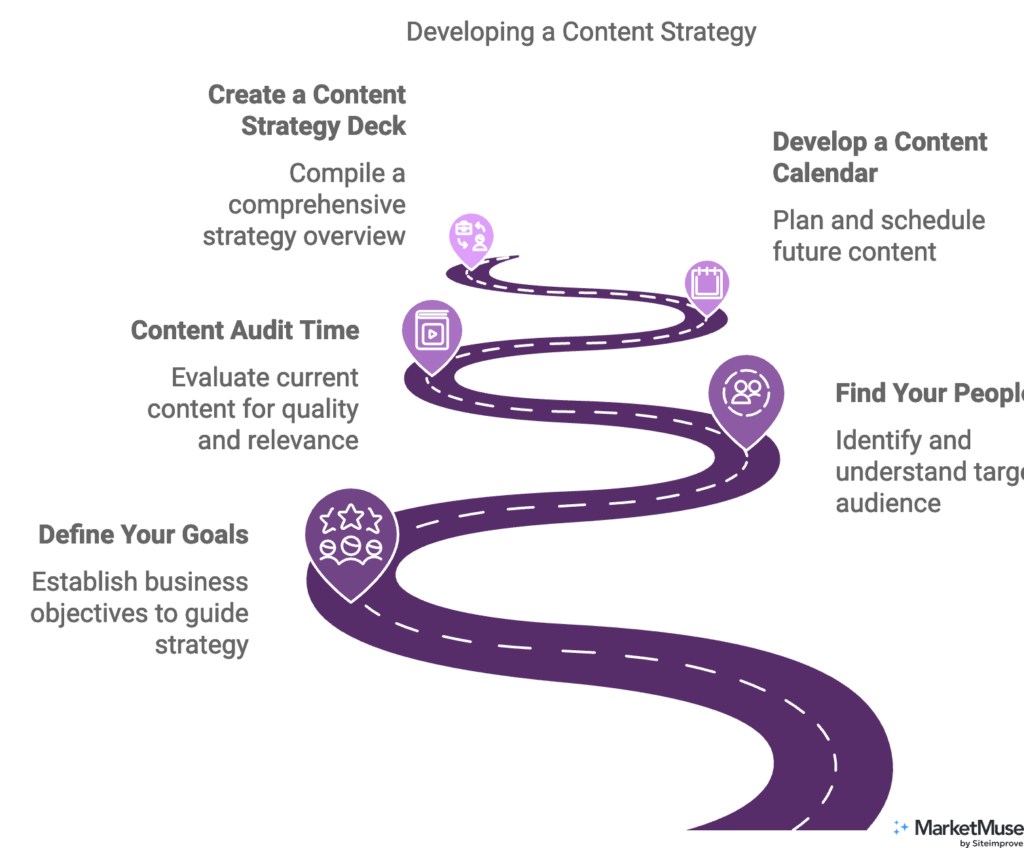Driving Data-Driven Transformation in Modern Healthcare
In an age defined by digital progress, the healthcare sector is undergoing a remarkable transformation driven by data. From patient records to diagnostic imaging and wearable technologies, the sheer volume of information now available to medical professionals is unprecedented. However, the challenge lies not in collecting data but in interpreting and applying it effectively to improve outcomes, streamline operations, and personalise care. This is where data-driven innovation is reshaping the future of healthcare delivery.
The Power of Data in Healthcare Evolution
Healthcare organisations are rapidly embracing digital technologies that enable better management of patient information. Electronic Health Records (EHRs) have become standard, allowing hospitals and clinics to share and access patient data securely. When combined with predictive analytics and artificial intelligence (AI), these systems can identify patterns that help forecast patient needs and detect potential health issues before they escalate.
For example, predictive models can alert clinicians to patients at high risk of developing chronic conditions, allowing early intervention. Similarly, machine learning algorithms are being used to analyse medical imaging faster and more accurately than traditional methods, leading to quicker diagnoses and improved patient outcomes.
Enhancing Operational Efficiency
Beyond clinical care, the use of advanced analytics is helping healthcare administrators make better business decisions. Hospitals can optimise resource allocation, improve staff scheduling, and reduce waste through smarter insights. Predictive analytics can even forecast patient admission rates, enabling facilities to manage capacity efficiently during high-demand periods.
This operational intelligence translates into cost savings and higher patient satisfaction—two critical metrics for sustainable healthcare systems. When combined with clear communication and transparent performance tracking, these improvements create a foundation for more resilient, efficient organisations.
Improving Patient Engagement
The role of data in enhancing patient engagement cannot be overstated. Personalised healthcare plans—tailored to the unique needs, genetics, and lifestyle of each patient—are becoming more accessible through digital innovation. Patients are increasingly empowered to track their health metrics through wearable technology, apps, and remote monitoring systems. This creates a feedback loop where individuals play an active role in managing their wellbeing.
The connection between patients and providers has also strengthened through telemedicine and digital consultations. As data becomes more integrated into healthcare systems, communication between medical professionals and patients becomes smoother, more transparent, and ultimately more effective.
Integrating Advanced Analytics for Decision-Making
One of the biggest shifts in the healthcare industry is the integration of healthcare analytics solutions that combine clinical, operational, and financial data into actionable insights. These tools allow healthcare providers to identify inefficiencies, predict outcomes, and deliver more targeted treatments. By leveraging analytics, organisations can track progress against performance metrics, ensuring that strategic objectives align with both patient and business goals.
These data-centric systems are not merely technological tools—they represent a cultural shift within the healthcare ecosystem. The emphasis is moving from reactive care to proactive and predictive models that prioritise long-term wellness.
Addressing Ethical and Security Challenges
Despite the many advantages of data analytics, healthcare providers must remain vigilant about privacy and data protection. The sensitive nature of patient information means that cybersecurity and compliance with data regulations, such as GDPR, are non-negotiable. Ethical use of AI also requires careful oversight to prevent algorithmic bias and ensure transparency in decision-making.
Balancing innovation with ethical responsibility is the hallmark of successful digital healthcare transformation. Organisations that prioritise patient trust and security will be the ones to thrive in the new data-driven landscape.
The Future of Healthcare Innovation
Looking forward, the integration of data science, AI, and machine learning will continue to drive revolutionary changes across healthcare systems. The future promises not only more efficient operations but also enhanced patient outcomes and equitable access to quality care. Collaboration between technology providers, medical professionals, and policymakers will be essential to ensure that innovation benefits everyone.
The next decade of healthcare will be defined by adaptability, digital maturity, and a commitment to human-centred design. As data continues to power innovation, healthcare organisations that embrace these principles will stand at the forefront of progress.














Post Comment